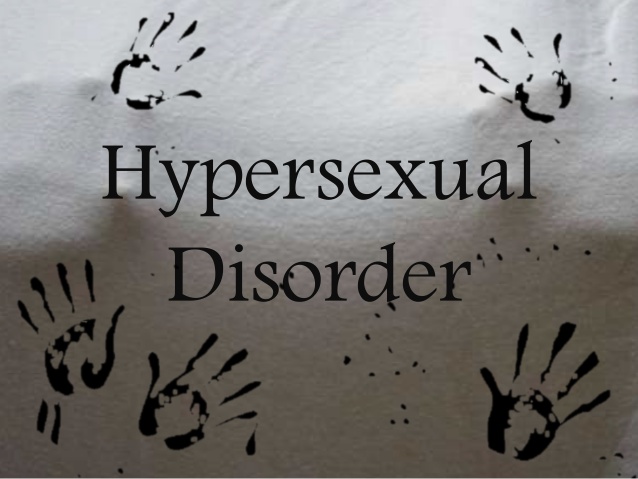Generally, we have seen the most two types of sexual disorder
Hypersexuality disorder is sometimes called Addicted to sexual behavior or sexual addiction. It’s an excessive preoccupation with sexual illusions, urges or behaviors that is difficult to control, causes you discomfort, or negatively affects your health, job, relationships or other parts of your life.
Hypersexuality may involve a variety of commonly delightful sexual experiences. Examples cover cybersex, various sexual partners, use of pornography or paying for sex. When these sexual behaviors become a major focus in your life, are difficult to control, and are disruptive or dangerous to you or others, they may be considered Hypersexuality.
No matter what it’s called or the exact nature of the behavior, untreated hypersexuality can hurt your self-confidence, relationships, career, health, and other people.
Some indications that you may be struggling with hypersexuality include:
- You have repeated and strong sexual hallucinations, urges and actions that take up a lot of your time and feel as if they’re beyond your control.
- You feel driven to do some sexual behaviors, feel a release of the tension afterward, but also feel guilt or shame.
- You’ve tried unsuccessfully to reduce or control your sexual fantasies, urges or behavior.
- You use compulsive sexual behavior as an escape from other problems, such as loneliness, depression, anxiety or stress.
- You continue to engage in sexual behaviors that have serious consequences, such as the potential for getting or giving someone else a sexually transmitted infection, the loss of important relationships, trouble at work, financial strain, or legal problems.
- You have trouble establishing and maintaining healthy and stable relationships.
Although the causes of compulsive sexual behavior are unclear, they may include:
- An irregularity of natural brain chemicals. Certain chemicals in your brain (neurotransmitters) such as serotonin, dopamine and norepinephrine help regulate your mood. High levels may be related to driving sexual behavior.
- Changes in brain pathways. Compulsive sexual behavior may be an addiction that, over time, might cause changes in the brain’s neural circuits, especially in the reinforcement centers of the brain. Like other addictions, more-intensive sexual content and stimulation are typically required overtime to gain satisfaction or relief.
- Conditions that affect the brain. Certain diseases or health problems, such as epilepsy and dementia, may cause damage to parts of the brain that affect sexual behavior. Also, the treatment of Parkinson’s disease with some dopamine agonist medications may cause compulsive sexual behavior.
If you have seen the Low sex drive or hypersexuality problem then you must treat this problem from Dr. Roshita Khare. She can help and treat you well and she has more than 10 years’ experience in sexual treatment in Pune.


